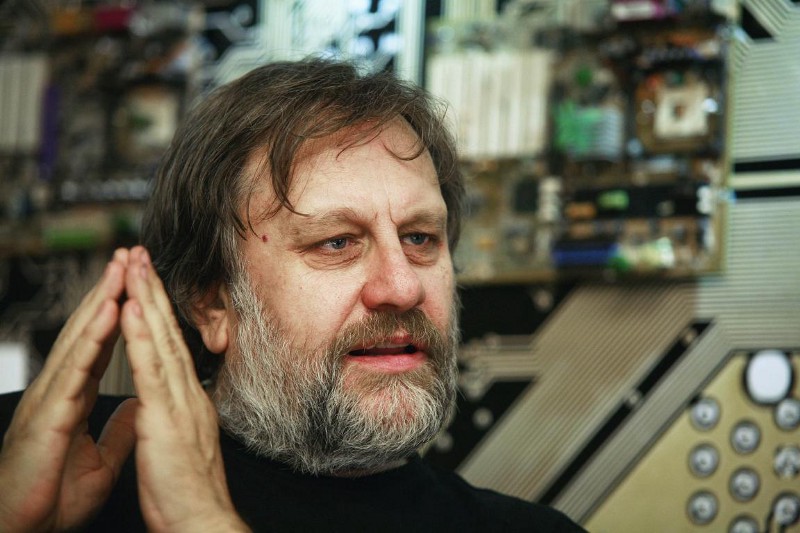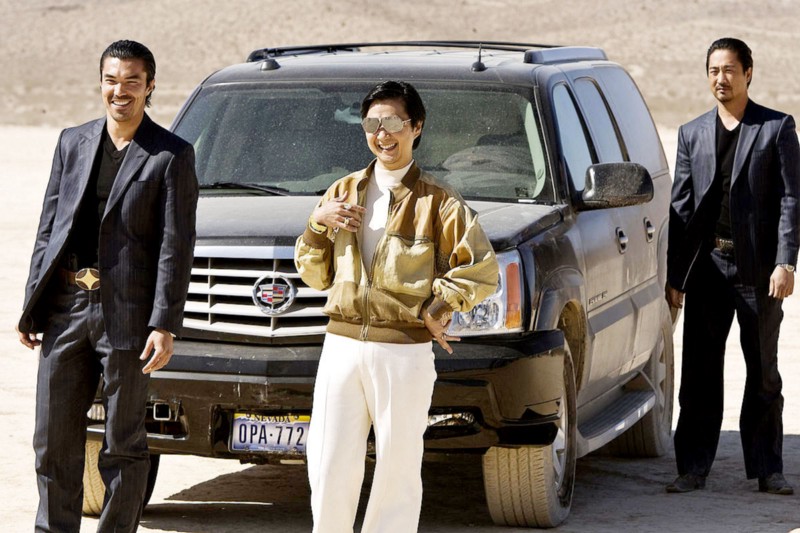The Slovenian philosopher Slavoj Žižek remarked that in the 70’s and 80’s, when he met with people from the other ex-Yugoslav republics like Bosnia, Croatia, and Serbia, they would compete to see who could tell the most obscene racist jokes about each other. The jokes were not intended to create a distance of hatred, but rather a “wonderful sense of shared obscene solidarity.” But when ethnic tensions worsened, the first victim was the ability to tell such jokes, and a quieting political correctness signaled ethnic retrenchment. Full civil war broke out shortly after.
I came to Asian online spaces, particularly in Reddit, immediately after I saw Trump descend his escalator and start talking about Mexicans. What I first found was r/asianamerican, an insipid and corny collection of posts about Asians in the media, Asian food, and the occasional “this month in Asian American history” link. I posted about my fear of Trump’s xenophobia, and the need for our immigrant-heavy community to take him seriously as a threat. I was largely ignored.
My disdain for the television watching club that was, and continues to be, r/asianamerican was shared by many others. These Asian American flunkies gathered in a collection of more liberally moderated forums like r/asianmasculinity, r/asiandiscussions, r/aznidentity, r/hapas, r/asianfeminism and r/asiantwox. While each forum had some unique brand of ideology that differed from all the rest, they all shared an ethic of free speech that widened the possibility of expression, allowing people to roam across unexplored territory, and ignoring the neatly laid railroad tracks of politically correct discourse. This was against everything r/asianamerican stood for, whose moderators would delete posts and ban users for the same transgression everytime: “derailing” the conversation.

There is a folly to despairing that Asian American online spaces inevitably end up with infighting and fracturing. The despair seems to be that the inability to find common ground means Asian Americans share no real ethnic identity; that our rather deep social bonds are imposed artificially, rather than sowed organically. We wonder if perhaps some of us have internalized white ideologies so deeply that we cannot be honest, even among ourselves. What factions of us preclude unity, and why? These seem to be the questions at the forefront for Asian Americans who yearn for solidarity.
But I take a different, more optimistic view. When I first heard Žižek’s remarks about obscene jokes, I thought of the early standup of Ken Jeong, before he sold himself out to Hollywood as Leslie Chow (aka Long Duk Dong Redux). Back then, he performed for a mostly Asian audience, and he would deftly work the crowd by pointing out the different Asian cliques in the audience, who knowingly showed up to be racially roasted by the phenom Korean doctor who stopped giving a shit about our inter-ethnic tensions.
If you take his jokes at face value, they’re absolutely horrendous. After taking license because his wife is Vietnamese and that makes it okay, he roasts the Vietnamese audience for being “very faggy” and sounding like “gay retarded deaf mutes” when they speak English. The Vietnamese audience boils with laughter at this obscene Korean asshole living up to every stereotype of intolerance and ignorance the Vietnamese in turn hold against Koreans. There is in this moment a very palpable sense of Žižek’s “shared obscene solidarity.” It’s an acknowledgement of inter-ethnic tension, and a desire to perform it in public so as to contain it in the humor of absurdity (link to Jeong’s performance at the bottom).
But that was a decade ago, right before Jeong’s disgraceful appearance in The Hangover, in which he invited white frat brahs into the circle of obscene Asian solidarity, an invitation that he never had community license to grant. Jeong fucked up bad. Context is everything, and now in this deadly serious moment of #metoo and #blacklivesmatter, that moment of obscene Asian solidarity seems gone forever. As in the former Yugoslav republics, the tide of racial and sexist humor has receded past the horizon. The seafloor of American society lays before us, bloated horrors gasping in the mud, burned by a sunlight they’ve never had to see directly. We can only wait for a tsunami to come rushing back in.

In this brutal winter of humorlessness, whispers have turned to silence, and hashtags delineate the forbidden zones of speech. It does very much feel like the eve of some war, where every side understands we are suing for peace but in reverse; we seek that eerie, silent peace that precedes war.
It is perhaps a necessary winter for Asian Americans, for the tendency of non-Asians to roast us never seemed to come from a place of American solidarity. It was always colored by dominance and exclusion. The fragility of both the black and white chins when Asians return the favor — we get accused of being anti-black or reverse racists — suggests it wasn’t that we couldn’t take a joke and give one in return, but rather that we knew we were being targeted rather than welcomed. It’s time for Asians to stop taking all the racial teasing, and to finally build up some social fencing to prevent all this disrespectful trespassing.
But in the cold, I’m thankful for the warmth of the online saloon, where I don’t have to watch what I say, nor cover my tracks as I scamper to safety and dodge the hashtag searchlights. These are the Asian subreddits, the closed Slack chats, the spaces you find when you peek behind the curtain separating front-of-house from back-of-house. Sure, when some Asian identitarian activist with a blog or two humorlessly calls us all out for complicity in the crimes of Harvey Weinstein and white police officers, we are all shocked — SHOCKED — that such disgusting sexist and racist talk would be allowed. But obscenity is one of the hearths of community; to police our speech is to destroy the community, to turn the experience of “in here” into the same deep freeze of “out there.”
To those new Red Guards of identitarian politics who stubbornly demand the razing of these Asian online slums as nothing more than dens of hate and extremism: until you discover your sense of humor, you will never be accepted into the community that you pretend to be advocating so valiantly for.

Comments powered by Talkyard.